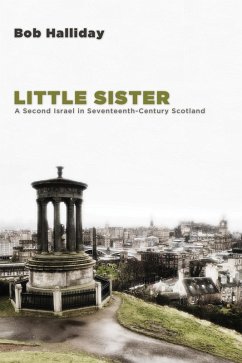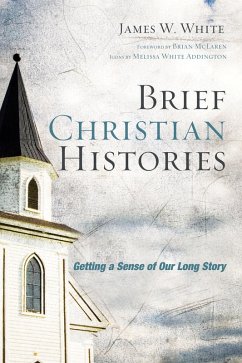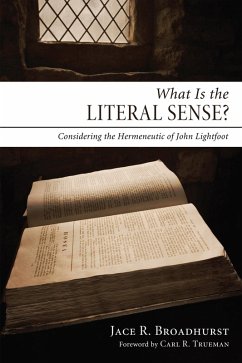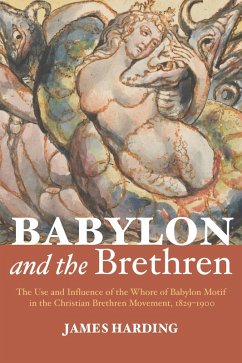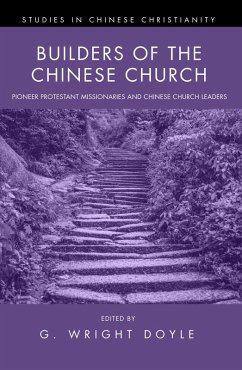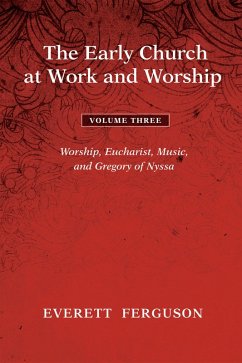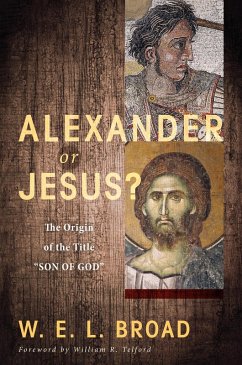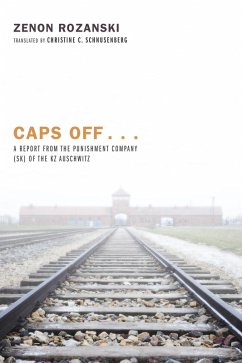The Christian state church emerged from the religion of pagan Rome. A declining western empire gave the church political power, but provoked conflict between church and state. In the Scottish post-Reformation Stewart monarchy, the king claimed to control the church by divine right. Covenanters exchanged state control for a theocracy built on the idea that Scotland, like Israel, had a God-given destiny. As "the purest kirk in Christendom," nation and kirk were the political and religious faces of one body. Like pre-Christian Israel, Scotland was one of the only two nations ever covenanted to the Lord. This idea owed more to political pressure than theological insight. Today, a mindset survives which still refuses to separate kirk from nation and thereby undermines the missionary calling. The urgent need is to recognize that God made a covenant with Israel alone, and to think in terms of "a second Israel" was to misunderstand the development of church history. Today's Kirk must see herself not as "the representative of the Christian faith of the Scottish people . . . to bring the ordinances of religion to the people in every parish of Scotland," but as the representative of Christ with an apostolic mandate for evangelism.
Dieser Download kann aus rechtlichen Gründen nur mit Rechnungsadresse in A, D ausgeliefert werden.

